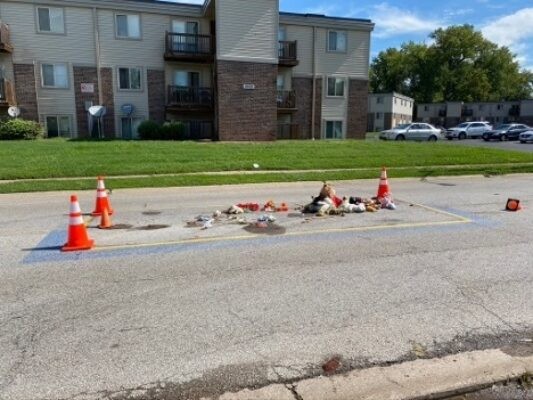6 Results

Ten years after the death of Michael Brown, the conditions that led to the uprisings remain
Aug 09 2024
Today is the ten-year anniversary of Michael Brown’s death and a critical moment to reflect on the uprisings. While some view these contemporary revolts as solely driven by police aggression, our modern unrest narrative is more complex. Through interviews for my new book Slow and Sudden Violence, Ferguson and Baltimore community leaders identified police brutality as a cause of the uprisings, but they also voiced other significant frustrations.
Read More
Speculative algorithms are the new invisible cage for workers
Aug 06 2024
It was barely a decade ago that many of us became enamored by the “gig” economy. Booking a room, ride, or restaurant took seconds and could be done at virtually any time or place.
Read More
How to Make a Home in the City
Aug 06 2024
By Stacy Torres, author of At Home in the City: Growing Old in Urban AmericaI never planned to study older adults. Old places that survived waves of gentrification initially fascinated me, as a lifelong New Yorker who had struggled to make ends meet and mourned the loss of beloved neighborho
Read More
Q&A with Eli Revelle Yano Wilson, author of Handcrafted Careers
Aug 05 2024
As workers attempt new modes of employment in the era of the Great Resignation, they face a labor landscape that is increasingly uncertain and stubbornly unequal. With Handcrafted Careers, sociologist Eli Revelle Yano Wilson dives headfirst into the everyday lives of workers in the craft beer indust
Read More
Q&A with Nicole Bedera, author of On the Wrong Side
Aug 05 2024
The debate over campus sexual violence is more heated than ever, but hardly anyone knows what actually happens inside Title IX offices. On the Wrong Side provides the first comprehensive account of the inner workings of the secretive Title IX system. Drawing on a yearlong study of survivors, perpetr
Read More
Americans used to unite over tragic events − and now are divided by them
Jun 18 2024
Tragedy seldom unifies Americans today. Every year, horrific crises induce tremendous suffering. Most are privately tragic, affecting only those directly harmed and their immediate relations. A small number, though, become politically notorious and, therefore, publicly tragic.
Read More